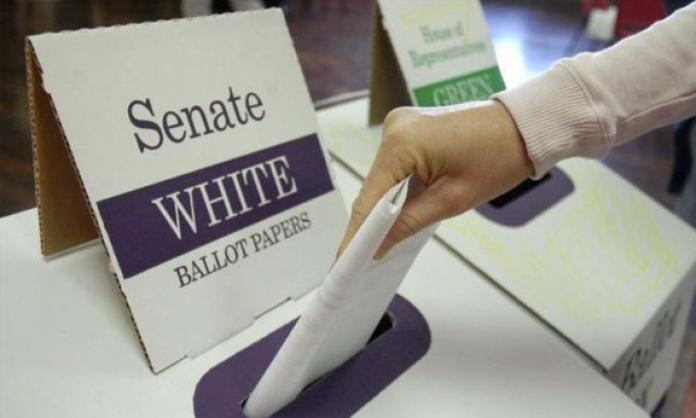Although the informal vote was lower than in the last federal election, around 5 percent of voters still took the opportunity to draw dicks instead of numbers on their ballot papers, or to add extra boxes so they could vote for the choice between alien overlords Kang and Kodos, made famous by The Simpsons.
I would much rather that people had put the Liberals last (and that more of us knew that a correctly numbered vote is still valid even if you then draw or otherwise vent your spleen on it).
But the rabid responses to informal voters that I encountered on social media on Sunday morning – mostly along the lines of “stop these morons from voting!” – was entirely misplaced. Rather than castigating voters for abusing the hard-won right to vote (and suggesting that the way to make them appreciate it is by removing it from them), we should be asking whether they are really rejecting the right that mass working class struggles won.
The overriding problem is not that people vote informally but the nature of electoral politics. The awful consensus that pervades official politics creates a deadening effect on the whole of political life.
It is reflected in many ways. I got to experience one form of it when I approached my local polling booth on election day.
As I always do, I had a go at the Liberal giving out how to votes. It was the Labor people who came to her defence: “Leave her alone, she’s just a volunteer!” That’s right, a volunteer – for the party that you’re meant to be opposing. But a moment’s thought, and a few words to them about what I thought of Labor’s refugee policy, made it clear why they thought that I was more of a problem than the Liberals. My crime was having a sharp opinion and being too impolite not to hide it.
Even worse was the pride displayed by a Science Party campaigner, who was positively “proud of us exercising our democracy in such a peaceful and almost dull manner”.
“Regardless of the outcome”, they said, “everyone was friendly and in good spirits. The Liberal candidate put up our poster for us with cable ties and we handed out some of his flyers when he had to go to lunch. The Greens handed out some of our flyers during lunch too. We are very lucky in Australia”.
Lucky? I hardly consider it lucky that the one mainstream party that takes a half-decent stance against the torture of refugees by the government has volunteers who are happy to hand out cards explaining how to vote in favour of more torture.
But it wasn’t all negative on the day.
Having the chance to get up close and personal with those who are supposed to represent us is a small benefit. On my way to vote in 2004, I got to yell a few obscenities at Malcolm Turnbull when he was briefly left unattended.
This year, a friend in Grayndler had the chance to go head to head with Albo. In response to her tirade of facts about the ALP’s support for torturing refugees in offshore gulags he said “We’re not in government” and then patronisingly invited her to “Come in to my office, love”.
It doesn’t have to be like this. The more “politics” means parliament, where the terms of cutbacks and racist immigration and “national security” measures are negotiated by politicians who shout their unanimity, the more it will be the case that people aren’t very engaged.
But as the response to the 2014 budget showed, from the largest student rallies in a decade that forced back fee deregulation, to the all too rare mass rallies called by the union leaderships, there’s nothing inevitable about disengagement.









